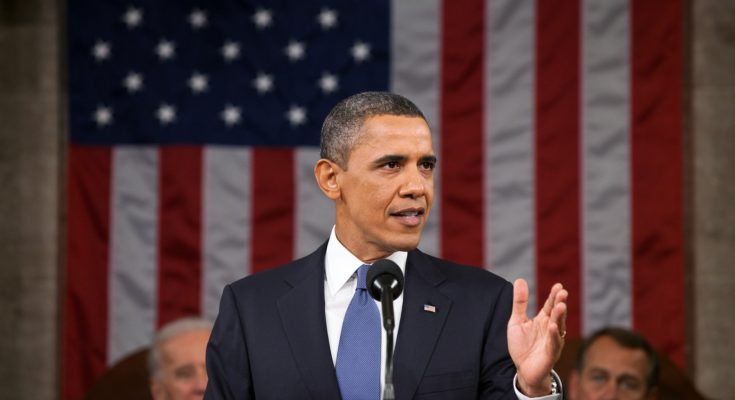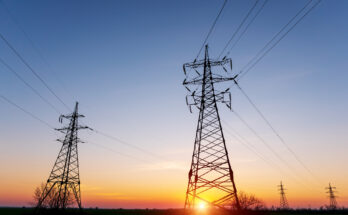Barack Obama, the former president of the United States, gave an encouraging statement at the Glasgow Climate Summit, emphasizing that the best way to combat climate change is to work together.
As he delivered his much-anticipated statement on climate change at the COP26 climate summit in Glasgow today, ex-President of the United States Barack Obama was greeted with applause and affection.
“We can’t afford anybody on the sidelines.”
That was the fundamental message he presented, emphasizing the importance of global cooperation and cooperation if the climate disaster is to be avoided.
He gave an update on progress (or lack thereof) after stepping down as President over five years ago.
“Both collectively and individually, we continue to fall short. He stated, “We haven’t done nearly enough to solve this situation.”
“We’ll have to do more, and whether or not that occurs will, to a considerable extent, be determined by you.” Anyone seeing or reading a transcript of what I say here today, not just those of us in this room.”
Obama acknowledged some of the benefits of the Paris Agreement, such as the large number of net zero objectives established by corporations, governments, and communities since 2015, but he did not miss a chance to criticize his successor, Donald Trump, for the lack of progress in the United States.
“Back in the United States, some of our progress stalled when my successor decided to unilaterally withdraw from the Paris Agreement in his first year in office, which I wasn’t happy about – but the determination of our state and local governments, combined with the regulations and investment that my administration had already put in place, allowed our country to keep moving forward.”
When it came to significant global leaders he thought were either not taking climate change seriously or jeopardizing the possibility of finding a solution, Trump was not his only target.
“It was particularly distressing to see the leaders of two of the world’s major emitters, China and Russia, fail to even attend the proceedings,” he said, referring to Vladimir Putin and Xi Jinping. So far, their national plans appear to demonstrate a worrying lack of urgency,” he said.
Every country’s participation in the process was deemed critical: “We need mature economies like the United States and Europe to lead on this problem.” But, as you are aware, China and India must take the lead on this problem. On this subject, we need Russia to lead, just as we need Indonesia, South Africa, and Brazil to lead. We can’t afford to have anyone on the bench.”
He emphasized that the Paris Agreement “was always designed to be a beginning, not an endpoint” in the fight against climate change, and that the outcomes of meetings like COP26 were the only ones that counted.
“So, we’ve arrived in Glasgow, and there’s good news and terrible news about what’s transpired here this week, just as there was with the Paris Agreement,” he continued.
“Countries throughout the globe are acknowledging this is a key decade to avert a climate calamity and establishing some really big targets for 2030,” he added of the positive news.
He also mentioned the agreements to limit methane emissions and deforestation as positive developments. He referred to these achievements as “major successes” that should be appreciated.
“This development is incomplete, most nations have failed to be as ambitious as they need to be,” he said, adding that their celebrations should be kept in check.
“Climate change is one issue that should transcend our daily politics and everyday geopolitics.”
“To develop the broad-based coalitions essential for strong action, we must persuade individuals who either don’t agree with us or are apathetic to the problem,” he concluded his address, urging for more work to be done to educate those who are less ready to embrace climate change.





